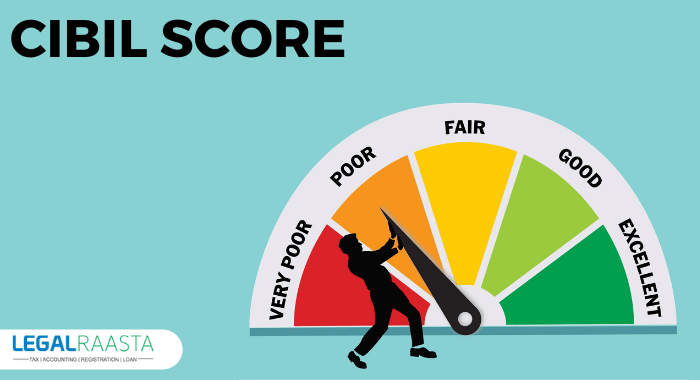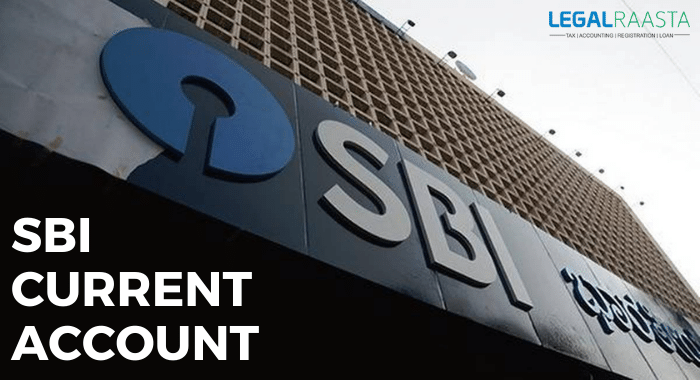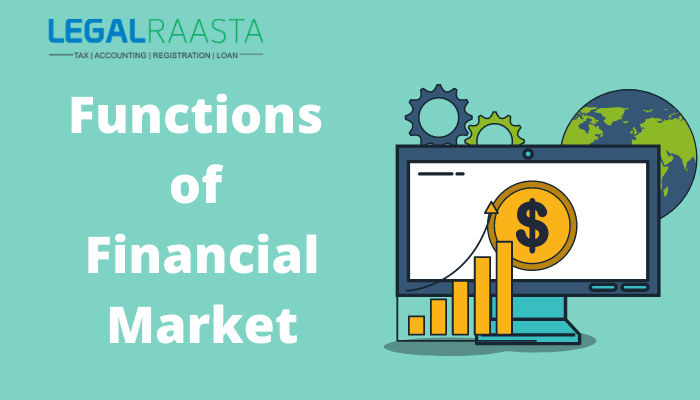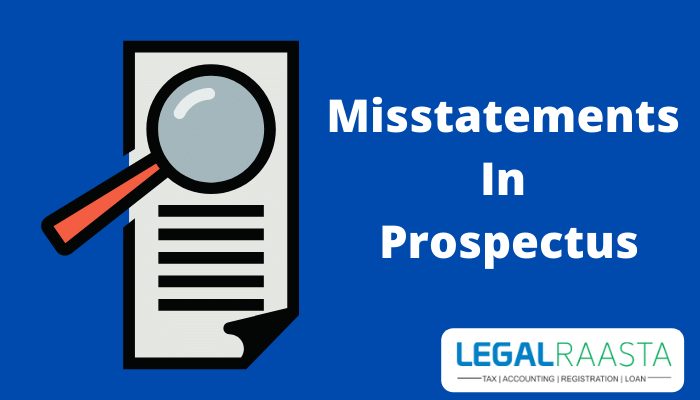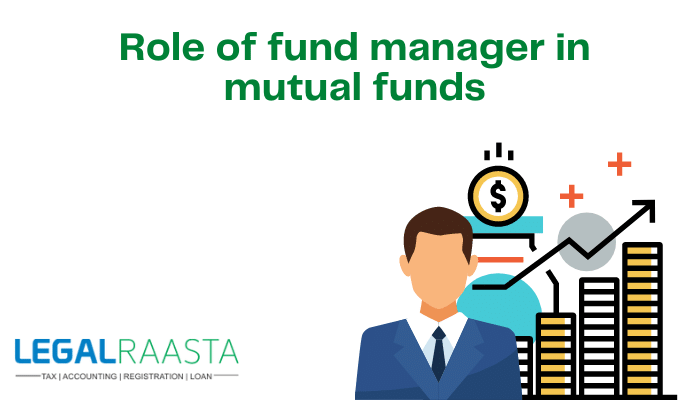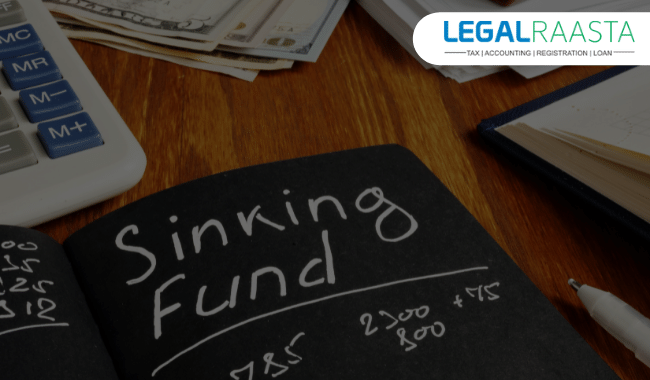Arbitrage funds
Arbitrage funds focus on equity share mispricing in the spot and futures markets. To generate maximum returns, it mostly takes advantage of price disparities between current and future securities. The fund manager buys shares in the cash market and sells them in the futures or derivatives markets at the same time. The return you get is the difference between the cost price and the selling price. An arbitrage fund, on the other hand, takes advantage of fluctuating stock prices to purchase and sell in seemingly random but calculated swings.What Are Arbitrage Funds and How Do They Work?
Assume that the cash market price of a business ABC's equity share is Rs 1,220 and the future market price is Rs 1,235. The fund manager buys ABC shares on the open market for Rs 1,220 and sells them at Rs 1,235 using a futures contract. When the prices coincide at the end of the month, the fund manager will sell the shares in the futures market for a risk-free profit of Rs 15 per share, minus transaction expenses. If the fund manager believes the price will fall in the future, he will enter into a long futures contract. At Rs 1,235, he will short-sell the shares in the cash market. He covers his position by buying shares in the futures market for Rs 1,220 at expiry, earning a profit of Rs 15. To achieve a risk-free return, the fund manager might buy an equity share for Rs.100 on the National Stock Exchange (NSE) and sell it for Rs.120 on the Bombay Stock Exchange (BSE).Arbitrage Fund Manager's Role
Over a medium time horizon, these funds take advantage of the markets to make rewards for investors. This will mitigate the risk of volatility that may develop as a result of stock exposure. In addition, the fund manager invests the remaining assets in fixed-income products. Only high-credit-quality debt assets, such as zero-coupon bonds, debentures, and term deposits, will be invested by the fund manager. During periods of insufficient arbitrage opportunities, this helps to keep fund returns in line with expectations.Who should invest their money into Arbitrage Funds?
In the cash and futures markets, arbitrage funds earn on low-risk buy-and-sell opportunities. Their amount of risk is comparable to a pure debt fund. The benchmark for several arbitrage funds is the Crisil BSE 0.23 percent Liquid Fund Index. These funds are ideal for investors who want to gain exposure to the stock market but are concerned about the risk involved. When there is a sustained fluctuation in the market, arbitrage funds are a safe option for risk-averse investors to safely park their extra funds.Things to think about as a risk factor for investors
Because these funds are traded on the stock exchange, there is no counterparty risk. There is no exposure to stocks even when the fund manager is buying and selling shares in the cash and futures markets, as is the case with other diversified equity mutual funds. Even if the investment process appears to be going well, don't become too comfortable with these funds. There will be fewer arbitrage possibilities available as more people invest in arbitrage funds. The spread between cash and futures market prices will erode, leaving little for the arbitrage-focused investors. To generate better returns, you may need to invest in various types of debt funds in this instance. Return Arbitrage Funds are a wonderful way to create acceptable returns for individuals who understand how to use them and how to maximize their potential. The fund manager aims to produce alpha by exploiting market price differentials. Arbitrage funds have historically provided returns of 7% to 8% over a five- to ten-year period. Arbitrage funds are a good option if you want to make moderate returns from a portfolio that has a good mix of debt and equity in an unpredictable market. It is important to realize, however, that arbitrage funds do not guarantee returns. Investment costs When analyzing arbitrage funds, cost becomes a critical factor. The expense ratio, which is a percentage of the fund's overall assets, is the annual fee charged by these funds. The fund manager's fee and fund management fees are included. Arbitrage funds would have high transaction costs and a high turnover ratio due to frequent trading. To dissuade investors from departing early, the fund may impose exit loads for a period of 30 to 60 days. All of these expenses may cause the fund's expense ratio to rise. Your take-home pay will be impacted by a high expense ratio. Investment horizon Arbitrage funds may be appropriate for investors with a short to the medium-term horizon of 3 to 5 years. Because these funds carry exit costs, you should only consider them if you plan to invest for at least 3-6 months. Please keep in mind that the presence of excessive volatility has a significant impact on fund results. As a result, opting for a single sum investment over a systematic investing plan makes sense (SIPs). Liquid funds may outperform arbitrage funds over the same investment horizon in the absence of volatility. As a result, when selecting arbitrage funds, it's advisable to keep the entire market scenario in mind. Financial objectives Arbitrage funds are appropriate if you have short to medium-term financial goals. You can utilise these funds to lodge excess funds to develop an emergency fund and earn better returns on them instead of a conventional savings bank account. If you've already invested in riskier options like equities funds, you can start a systematic transfer plan (STP) from equity funds to a safer refuge like arbitrage funds as you near your financial goals. This would not only lower the total risk of your portfolio, but it would also lower the rewards. In arbitrage funds, you can't expect double-digit returns. Tax on gains For tax purposes, these funds are classified as equity funds. Short-term capital gains (STCG) are taxable if you hold an investment for less than one year. STCG is subject to a 15% tax rate. Long-term capital gains will be evaluated if you stay invested for longer than a year (LTCG). Without the advantage of indexation, LTCG over Rs.1 lakh per year is taxed at a rate of 10%. These funds are intended for conservative investors in higher tax rates who want to obtain tax-efficient returns rather than sticking to pure debt funds.Conclusion
Arbitrage funds hold both stock and debt positions. An arbitrage fund invests in arbitrage opportunities, which include purchasing and selling the same stock in multiple marketplaces at the same time. An arbitrage fund is a hybrid fund that is taxed like an equity fund when it comes to capital gains. An arbitrage fund's large trade volume may result in negative short-term returns.Related posts Highest tax benefits with ELSS Funds Index Funds ETF: Investing and choosing the best funds out of them


